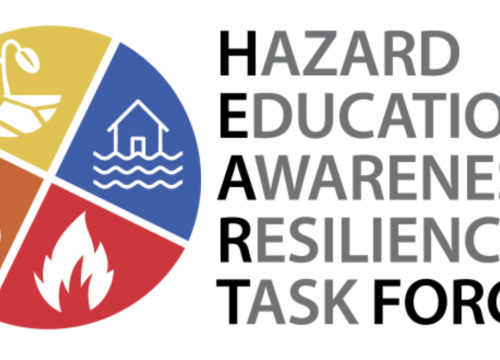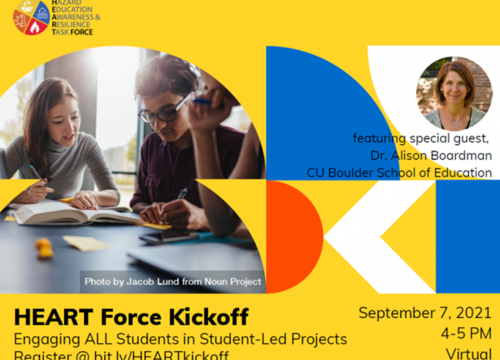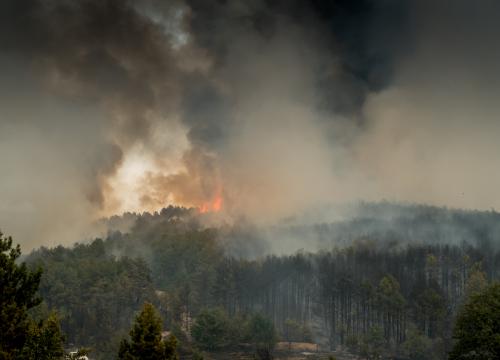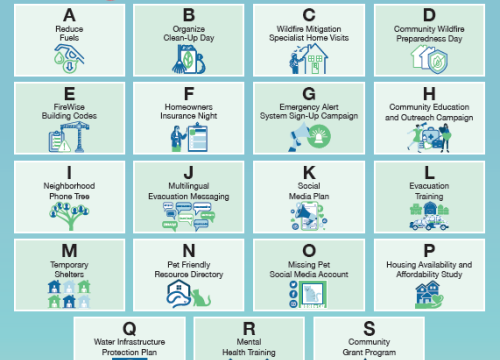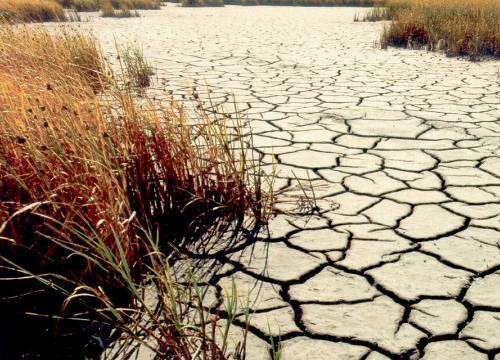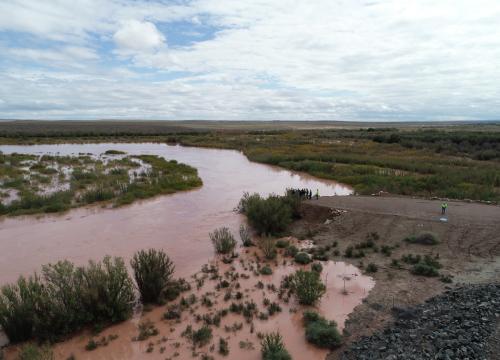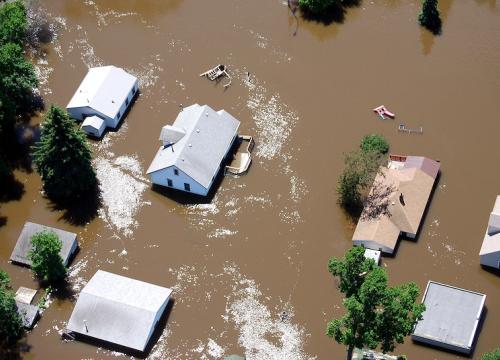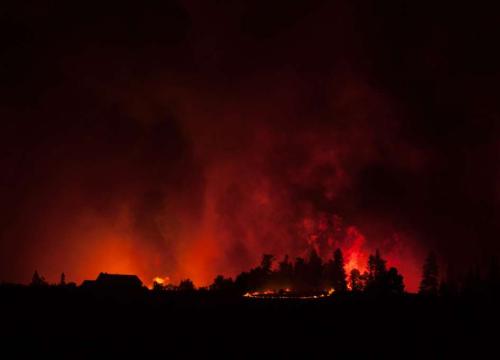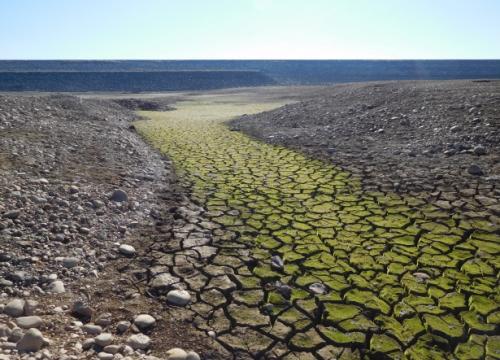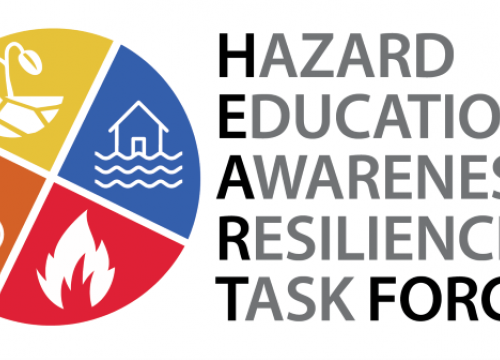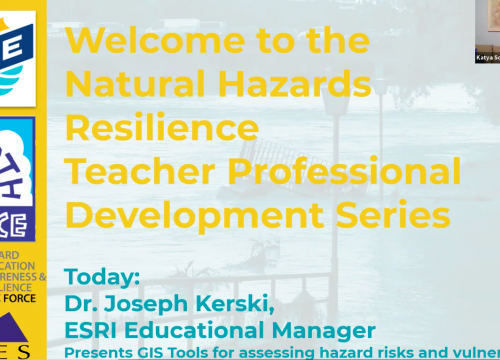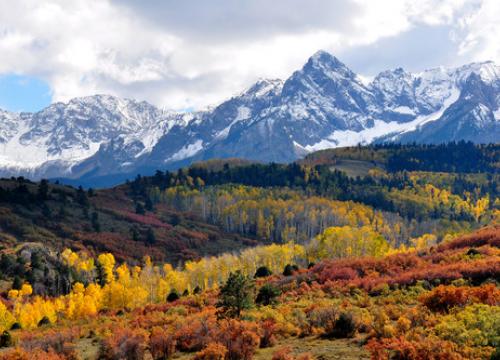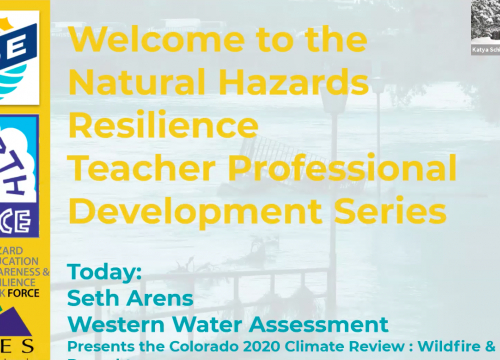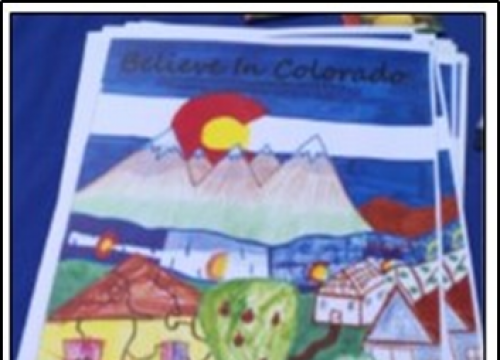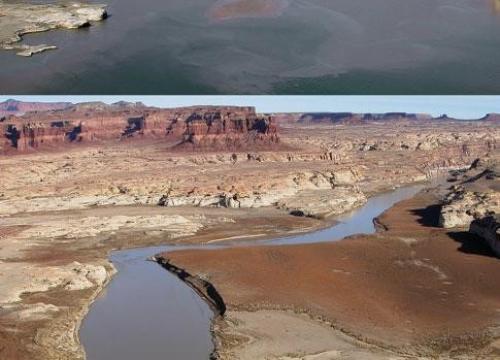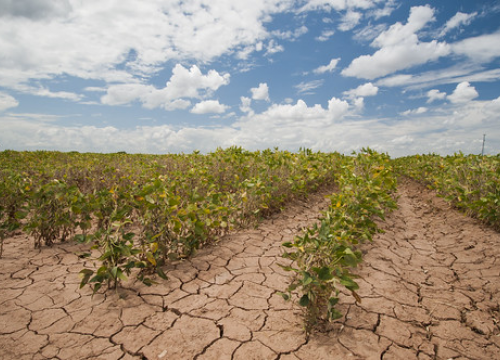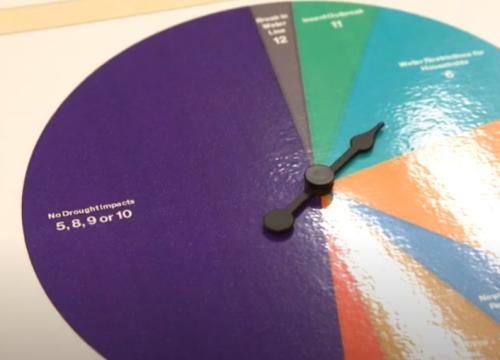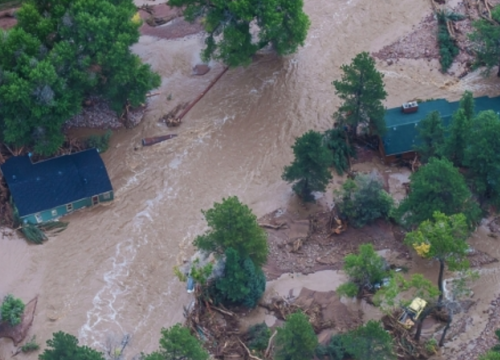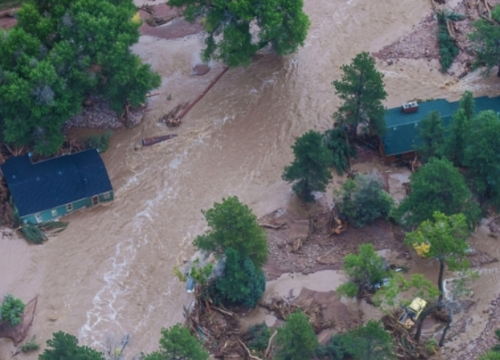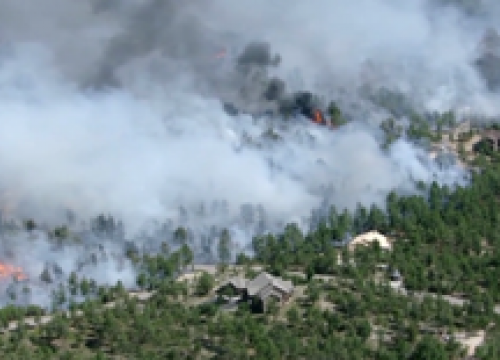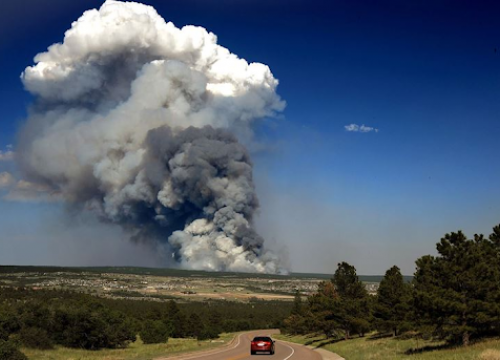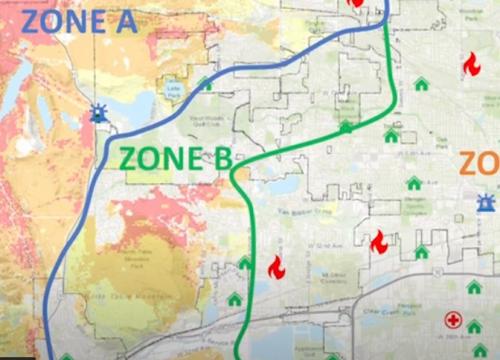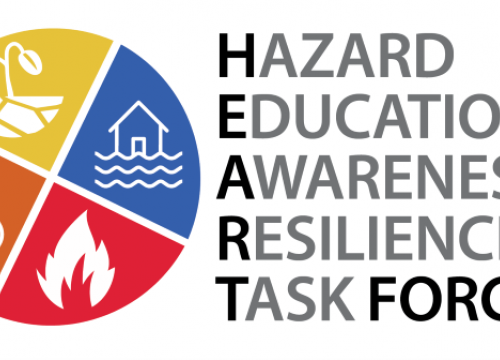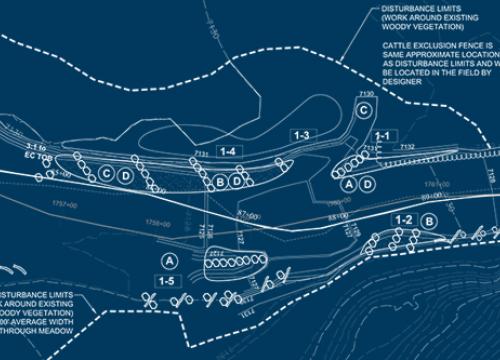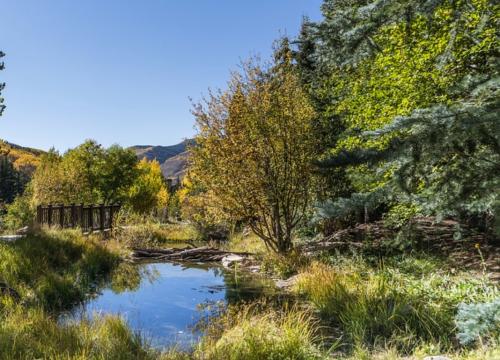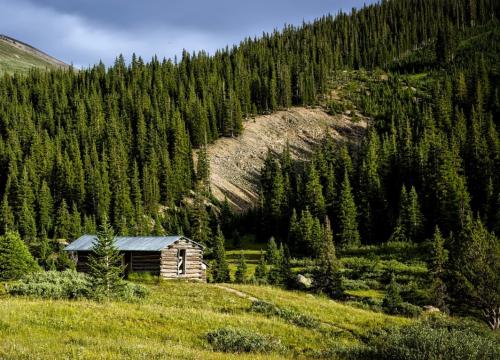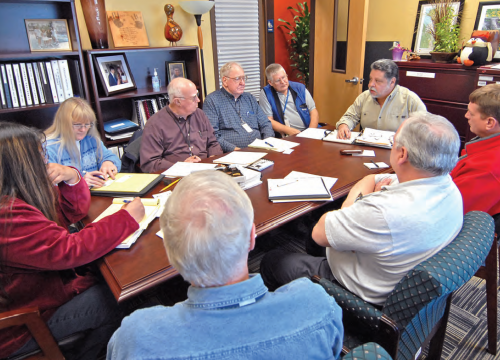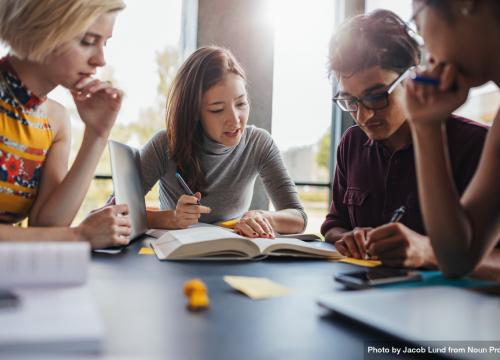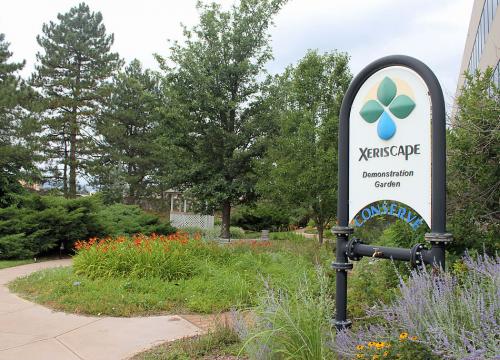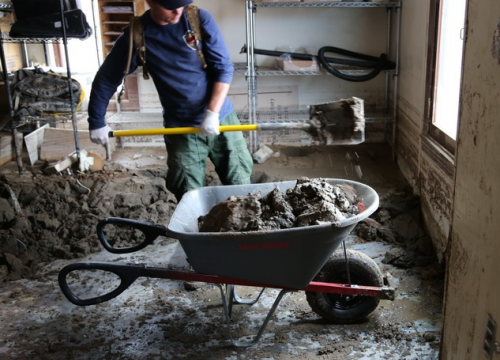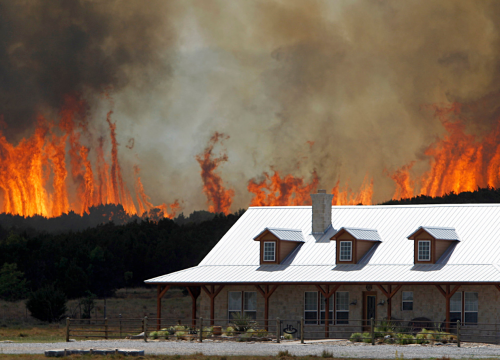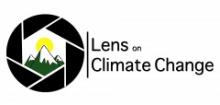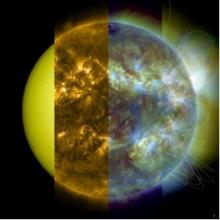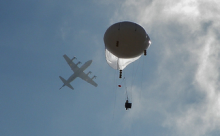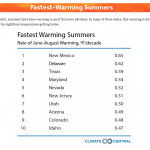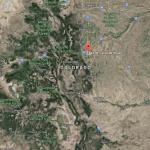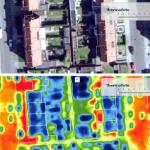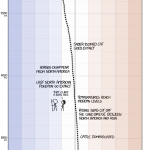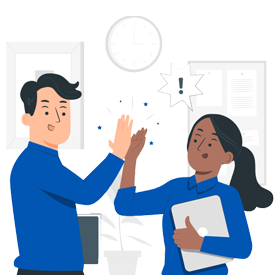Heart Force
Curricular Units and Modules
Lens on Climate Change (LOCC)

Organizing and Assessing

Filmmaking Basics

Storytelling

Instructional Videos and eBooks

Instructional Presentations

Module 1
COSEE - Inquiry-oriented science.

SDO Intro Resources

Module 2
COSEE - Oceans and the Earth's energy balance.

Module 1
Sun Features

Module 2
Electromagnetism

Module 3
COSEE - Connecting oceans, energy, and weather.

Module 3
Sun Earth

Module 4
COSEE - The physical basis of weather, part 1

Module 4
Solar Exhibit

Module 5
COSEE - The physical basis of weather, part 2.

Appendices

Module 6
COSEE - Climate literacy and misconceptions.

Module 7
COSEE - Atmospheric and oceanic impacts on climate.

Module 8
COSEE - Bringing ocean and climate inquiry to inland audiences.
Educator PD

Introduction
What is Climate Literacy and why does it matter?
Educator PD

How Scientists Know About Climate
How do scientists know what has happened, is happening, or will happen to the Earth's climate?
Educator PD

Earth's Energy Balance
What effect does the Sun have on the Earth's climate system?
Educator PD

Complex Interactions of Climate
How do the non-living and living components of Earth impact climate?
Educator PD

Climate Variability
What causes the Earth's climate to vary regionally and globally?
Educator PD

Local & Ecosystem Climate Impacts
How will climate change affect life, including humans, on Earth?
Educator PD

Human Impacts on Climate
How can we be certain humans are causing climate change?
Educator PD

Responses to Climate Change
What can we do to alleviate and adapt to climate change?
Arctic Climate Connections

Module 1
Arctic landscapes and vegetation zones.

Module 2
Arctic weather data.

Module 3
Activity and Module 3
DISCOVER-AQ: Know Your Air Quality

Know Your AQ Curriculum
Overview & Appendices

Module 1.1
Air Quality: More than Meets the Eye

Module 1.2
Oh No, O3zone

Module 1.3
Sherlock NOx: The Mystery of Unnatural Pollution in Natural Places
Module 1.4
Carbon Gasses
Climate and Resiliency Education
Design Challenge
Lesson 1
How can we decrease our impact on the Earth’s climate at our school?
Design Challenge
Lesson 2
What can we find out about greenhouse gas emissions resulting from waste in our school food system?
Design Challenge
Lesson 3
How can we understand waste and emissions in our school food system?
Design Challenge
Lesson 4
What are the best approaches to reduce emissions associated with food waste in our school?
Design Challenge
Lesson 5
How can we present our plan to reduce food waste and emissions at our school to the people who need to know?
High School
Lesson 1
Why are cities getting hotter?
High School
Lesson 2
What is special about cities compared to rural places and other regions overall?
High School
Lesson 3
Why are cities and other regions of the world getting hotter?
High School
Lesson 4
How is human activity contributing to the increase in global temperatures?
High School
Lesson 5
Is it normal that world temperatures are rising this fast?
High School
Lesson 6
What impact do increasing greenhouse gases have on living things and the world?
Middle School
Lesson 1
What’s up with the rising temperatures in Colorado cities?
Middle School
Lesson 2
What makes cities hotter?
Middle School
Lesson 3
Why are growing cities hotter?
Middle School
Lesson 4
Are other parts of the world getting hotter?
Middle School
Lesson 5
What was Earth’s temperature like in the past?
Middle School
Lesson 6
How does human activity affect the trend of warming temperatures on Earth?
Middle School
Lesson 7
How do cars impact CO2 in the atmosphere?
Middle School
Lesson 8
How can we show that an increase in CO2 causes an increase in temperature?
Engaged Scientist Series

Engaged Scientist Series
Community Engagement

Engaged Scientist Series
Community Dialogue

Engaged Scientist Series
